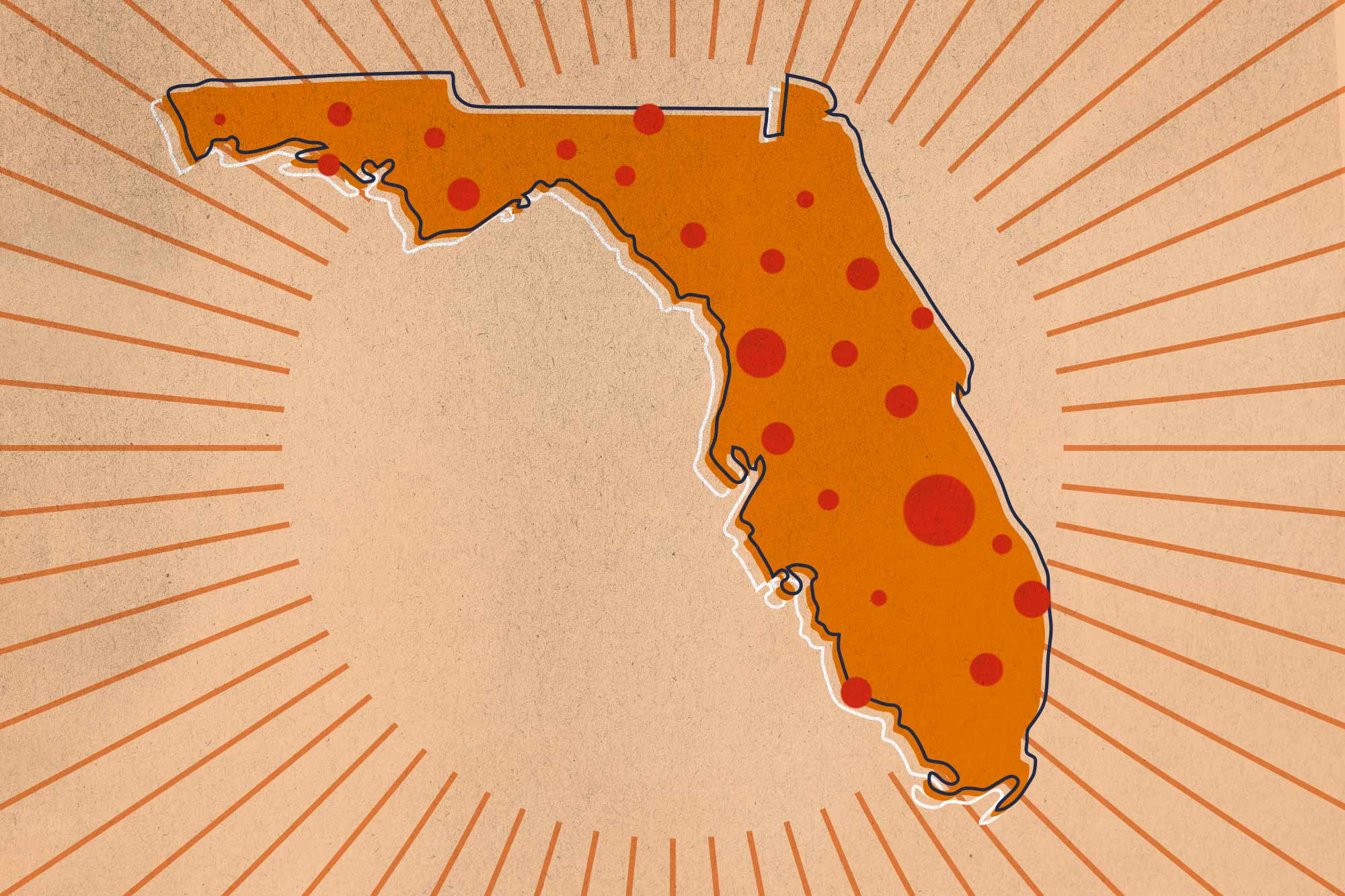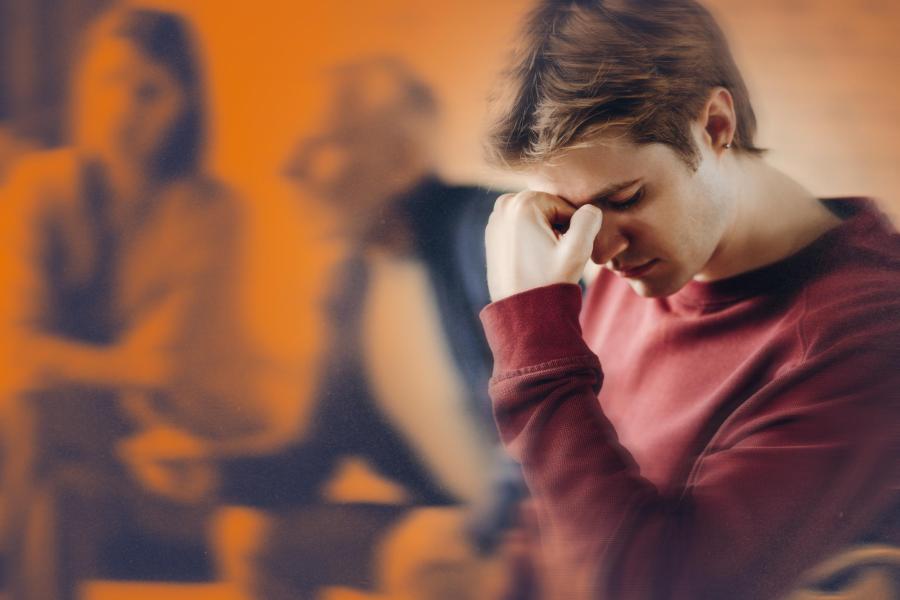Florida’s surgeon general recently made headlines when he refrained from declaring a public health emergency and went against science, saying parents can decide whether to send their children to school after an outbreak of measles at an elementary school.
Measles is potentially deadly and one of the world’s most infectious diseases.
Dr. Christopher Holstege is the executive director of Student Health and Wellness at the University of Virginia, chief of the division of medical toxicology and a professor of emergency medicine and pediatrics.
UVA Today reached out to him to learn more about measles and standard medical procedures when there is an outbreak.
Q. What is measles?
A. Measles is a virus that is highly contagious. It’s still a problem worldwide, but much less of a problem than in the past because we were able to mitigate it through vaccination programs in the United States. However, with the anti-vaccination movement and with increased travel people are doing to some of the countries that actually do have an increased prevalence, we are starting to see more measles cases emerging worldwide and in the United States.
Q. How dangerous is it and what are the symptoms?
A. It can be pretty dangerous. Typically, if you’re exposed, you will start to see symptoms 10 to 12 days later, and then your symptoms generally will last for 10 days. Very high fevers occur with it, up to 104 degrees. You get a runny nose, sore throat. Your eyes really get inflamed and bloodshot. You then go on to get a rash that starts typically around your face and ears, and then moves to the whole body.
Measles also compromises your immune system, so bacterial infections were common in the past. Certain things like ear infections and pneumonias. It’s the pneumonias that would cause people to die. You can also get encephalitis from it, meaning your brain gets swelling and damaged, where people would die, too. And then there’s rare cases of also causing blindness.
Q. Who is at risk of contracting measles?
A. People who are immunocompromised are always at risk. And we certainly have a lot of immunocompromised individuals in the United States, extremes of age, especially the really young. If you have the whole series of vaccinations, they are around 97% effective, meaning that if 100 people are exposed, 3 may get it. If people aren’t vaccinated, the unvaccinated are almost assured to get it if they’re exposed. That’s where this really tends to explode in certain areas.
Q. What is the best protection against the disease?
A. Well, it’s certainly vaccination. And that’s why we are constantly doing campaigns to get people vaccinated. It’s a really interesting kind of sociological issue. When you don’t see a disease much, some people start to question the treatment we’re using for the disease and wonder if they should get that treatment, which is vaccinations.

Dr. Christopher Holstege
However, when I talk to my parents who are going on 92, they are so thankful for the vaccinations because they remember people being isolated and quarantined, people with outbreaks and complications from it. But then we get these kind of misrepresentations of the vaccination, and people don’t get it. When you’re thinking, “I have a bigger risk to the vaccine than I do to getting the disease,” when in fact that’s not true, that’s where there’s a lot of bad information going on out there.
Q. What do public health officials recommend if someone contracts the disease?
A. You’re going to go into isolation then. If you contract the disease, we do not want you in public. We don’t want you exposing someone who’s immunocompromised. And that’s why we’re talking about this for the University because we have a really dense population of students.
Q. Does UVA require enrolled students have the vaccination against measles?
A. Yes. It’s legislated. All the students entering the University have to have proof they actually got vaccinated against measles. There are exemptions, and one of the exemptions that people have utilized is a religious exemption. Compliance at UVA is exceedingly high.
We have a civil liberty to our own personal civil liberties, but there’s also a societal good, too. I find it extremely selfish that when we have really controlled measles, well, people are making the decision not to get vaccinated, for whatever reasons those might be. It’s not just about you, it’s about others who are immunocompromised.
There are some people out there who may think, “It’s just a rash. What’s the big deal?" But they have to understand, death occurs in three of every thousand children who become infected with measles.
Media Contacts
University News Senior Associate Office of University Communications
jak4g@virginia.edu (434) 243-9935






